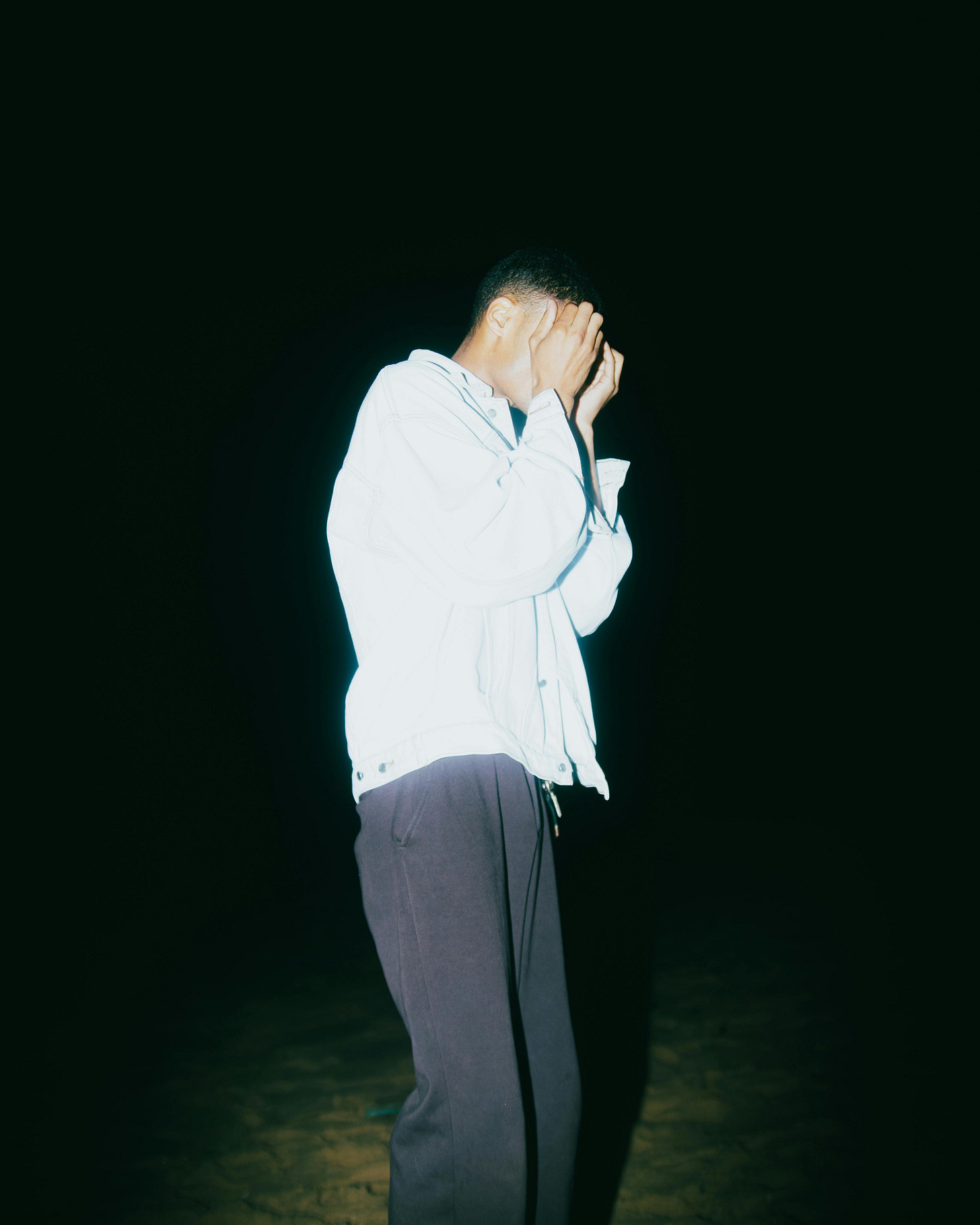I have been really getting into John Donne, lately, so forgive me but I will repeat some of his biography from the post from two weeks ago. This poem, rather than one of his “Holy Sonnets” is one of his love poems. Feel free to skip straight to the poem, you’ve probably already read this next bit … John Donne was born and raised a Catholic, but chose to convert to Church of England rather than face the consistent vitriol and prejudice that awaited him in the academic societies of England during his time. His love poems are full of theological language, his theological poems full of love imagery.
"Negative Love" I never stoop'd so low, as they Which on an eye, cheek, lip, can prey, Seldom to them, which soar no higher Than virtue or the mind to admire, For sense, and understanding may Know, what gives fuel to their fire: My love, though silly, is more brave, For may I miss, when ere I crave, If I know yet, what I would have. If that be simply perfectest Which can by no way be exprest But Negatives, my love is so. To All, which all love, I say no. If any who deciphers best, What we know not, our selves, can know, Let him teach me that nothing; This As yet my ease, and comfort is, Though I speed not, I cannot miss.
Between the old timey language and the inversion (switching up the word order for the sake of the meter) its relatively challenging to just get the literal sense of this poem. So, I think it may be helpful to chunk it up into sections and react to each section individually. Also, it may be fun for you to see my internal monologue as I am reading the poem. Maybe not, let me know in the comments.
I never stoop'd so low, as they
Which on an eye, cheek, lip, can prey,
Alright, this is good. The speaker of our poem isn’t some shallow jerk who only cares about the way people look. Off to a good start.
Seldom to them, which soar no higher
Than virtue or the mind to admire,
Wait what?! He doesn’t care about good looks, and he also rarely cares about virtue, or peoples minds. This doesn’t make any sense.
For sense, and understanding may
Know, what gives fuel to their fire:
My love, though silly, is more brave,
Ok so he is just as confused as I am. He doesn’t know what gives fuel to his fire, although I guess that ignorance is brave. Not sure what he means by sense or understanding though.
For may I miss, when ere I crave,
If I know yet, what I would have.
There it is. If he knows what he wants, then he might not have it. If he craves something, he might miss it. I guess that’s one way to protect yourself.
If that be simply perfectest
Which can by no way be exprest
But Negatives, my love is so.
To All, which all love, I say no
Say no to everything you love? And you are perfect? I’m a little skeptical.
If any who deciphers best,
What we know not, our selves, can know,
Let him teach me that nothing
Ok, so maybe some one can figure out how to know what we can’t know. Interesting though, the pun and the transition. We aren’t talking about saying no anymore, but about knowledge. Are the two related I wonder?
This
As yet my ease, and comfort is,
Though I speed not, I cannot miss.
Ok, so back to the original conceit. If you don’t want anything, you can’t be disappointed when you don’t get it. You can’t lose if you don’t play.
Overall, this poem is so relatable, but so poisonous. Maybe it is just the middle schoolers that I teach, but at least once a day I see someone realize that they aren’t naturally incredible at something and decide they don’t want it anymore. It’s a classic defense mechanism. I must admit though, I don’t really understand this middle section, about knowing what we can’t know. What do you think?






Love the breakdown!